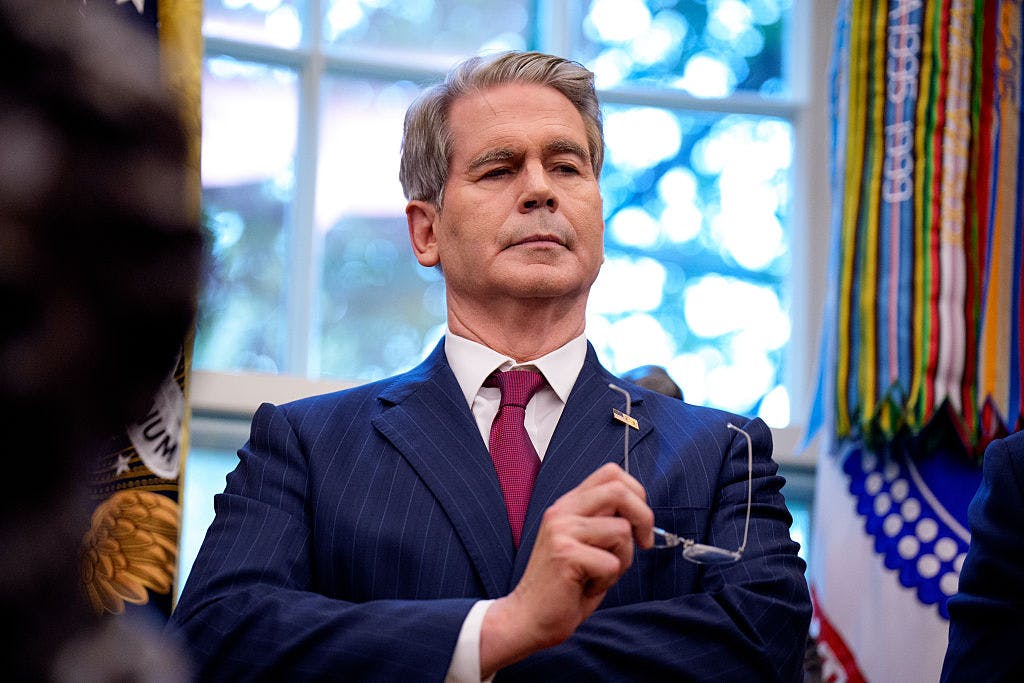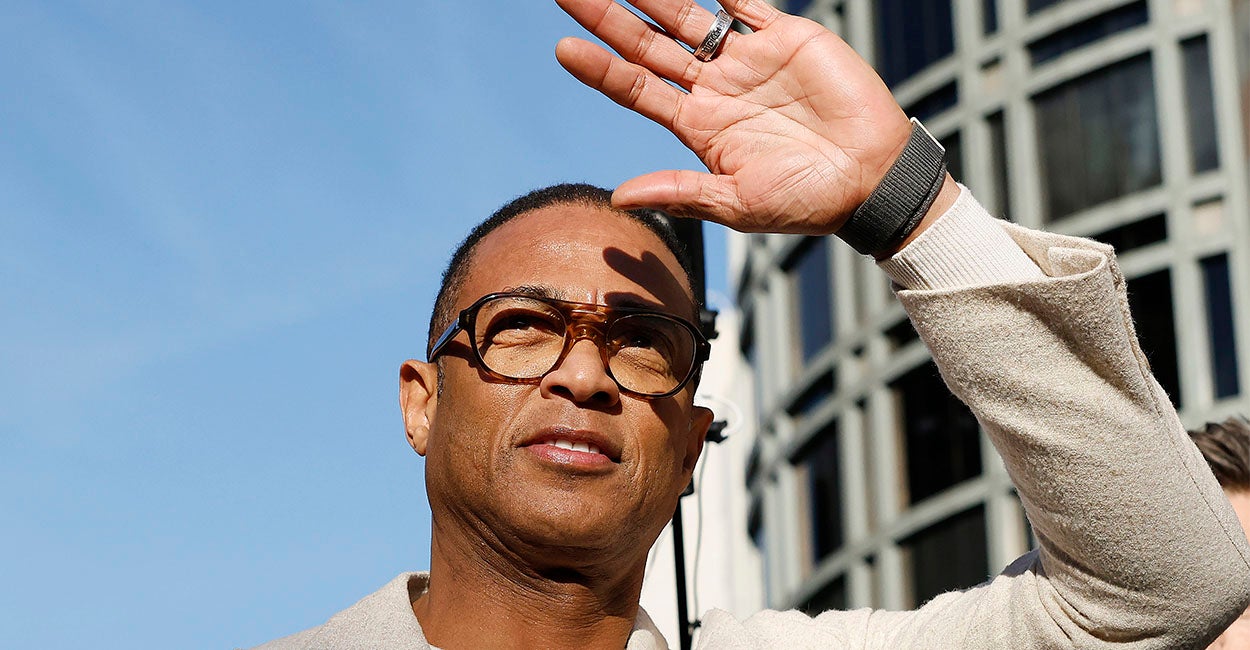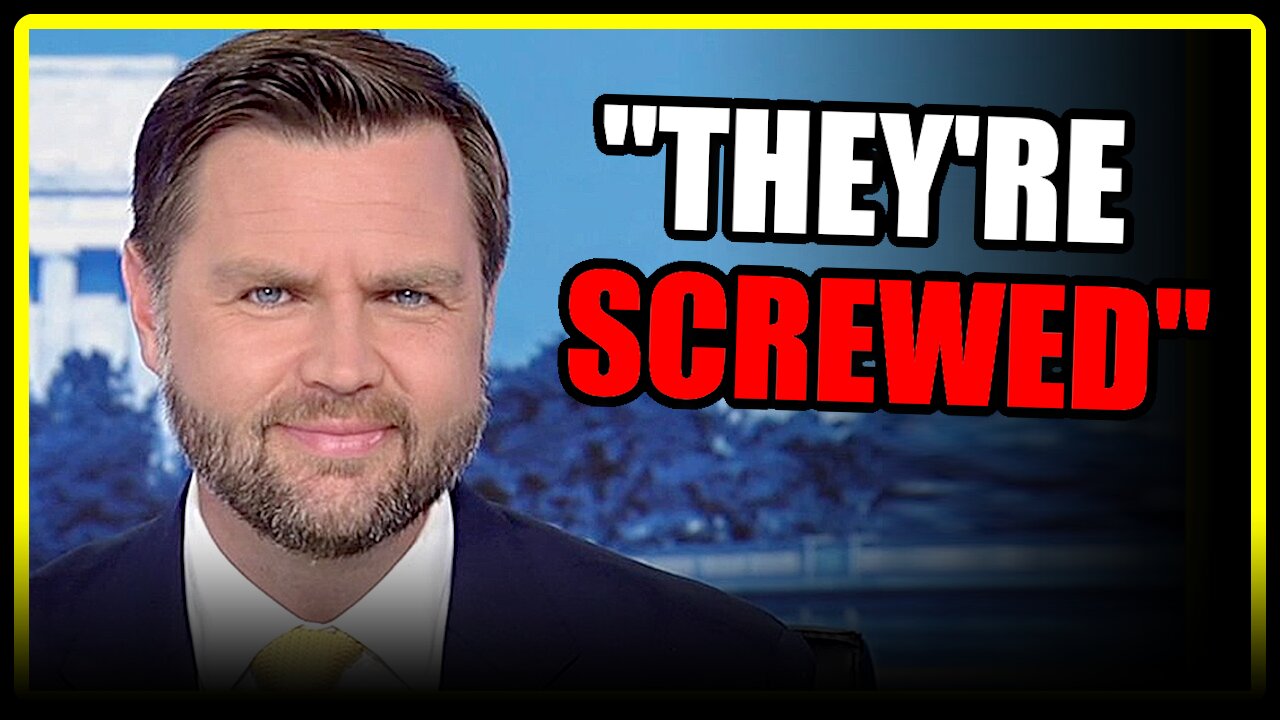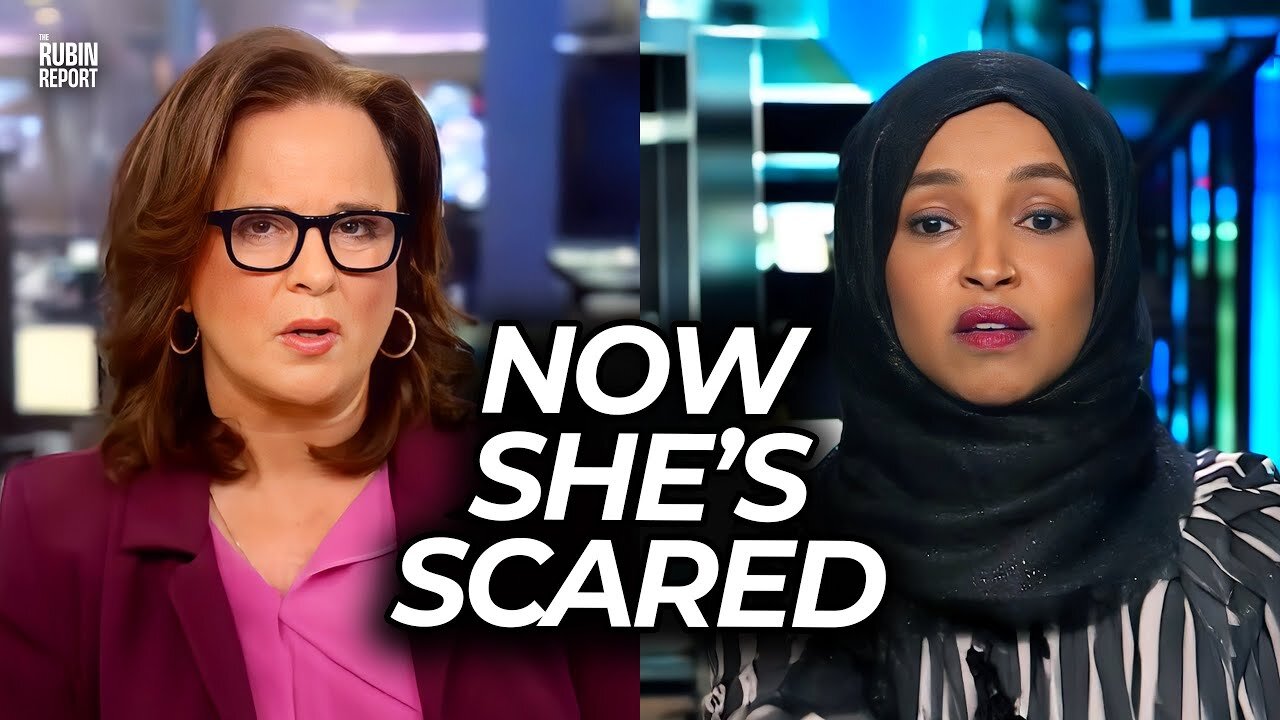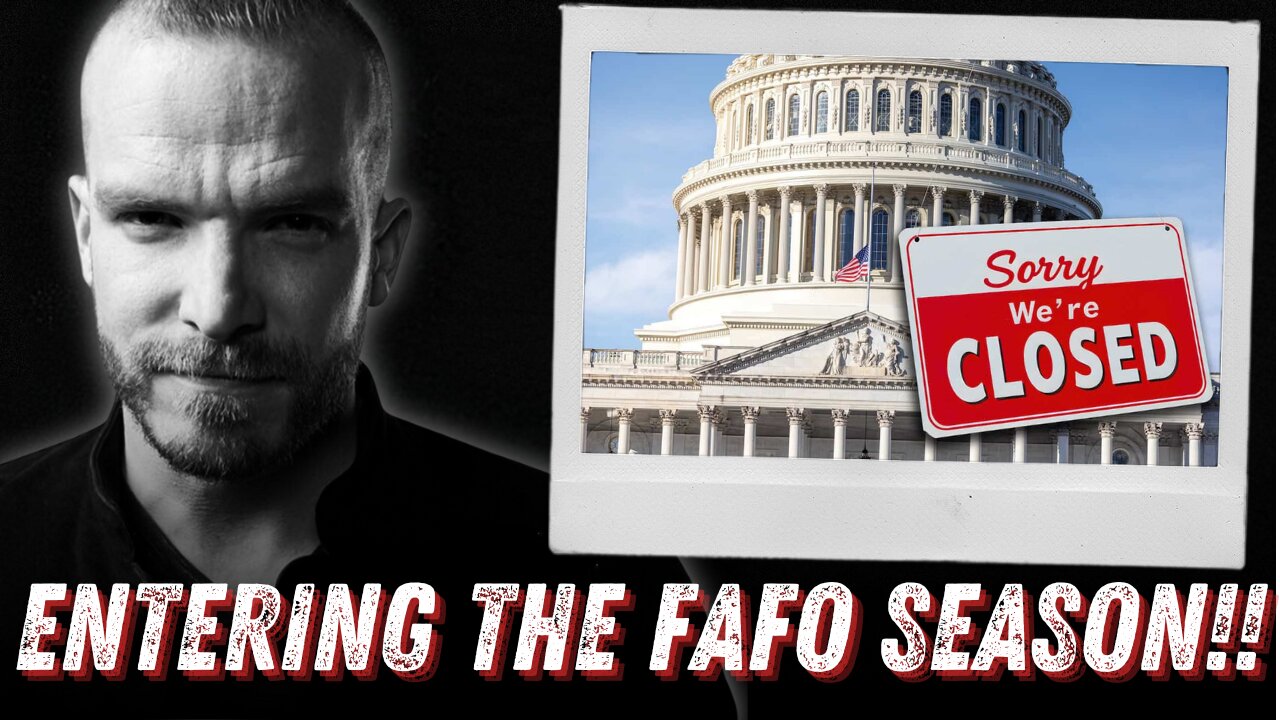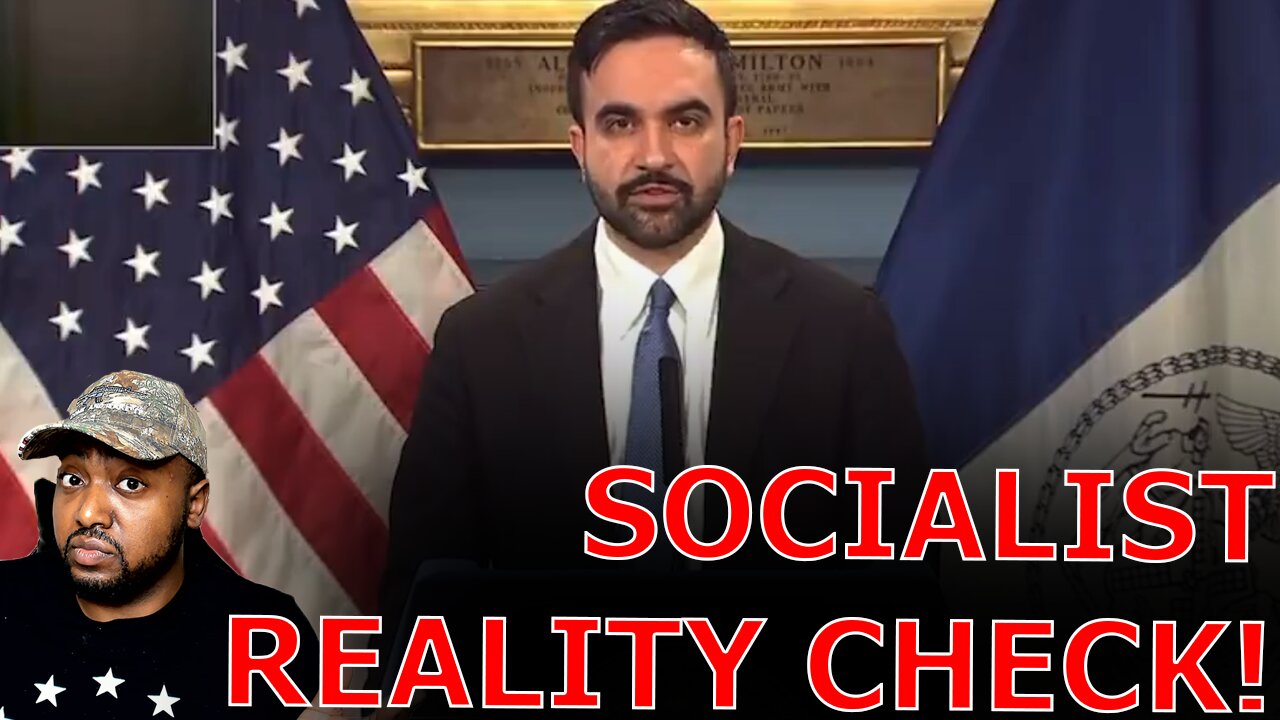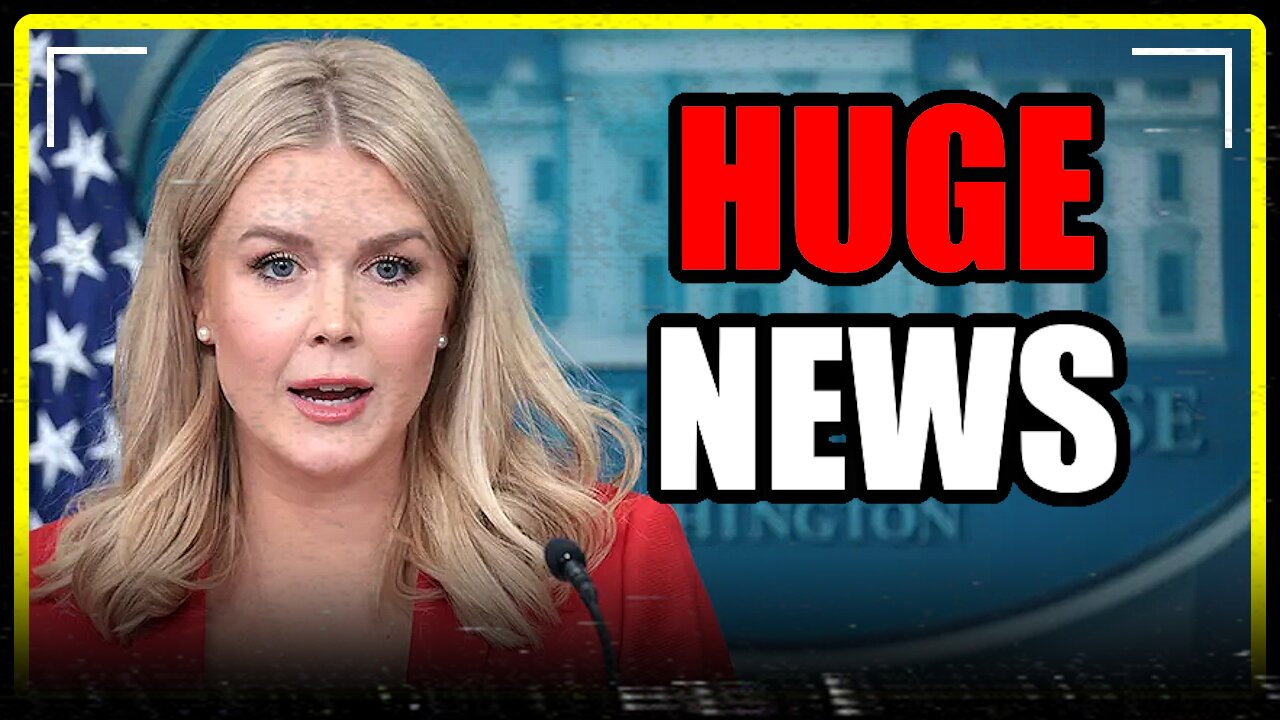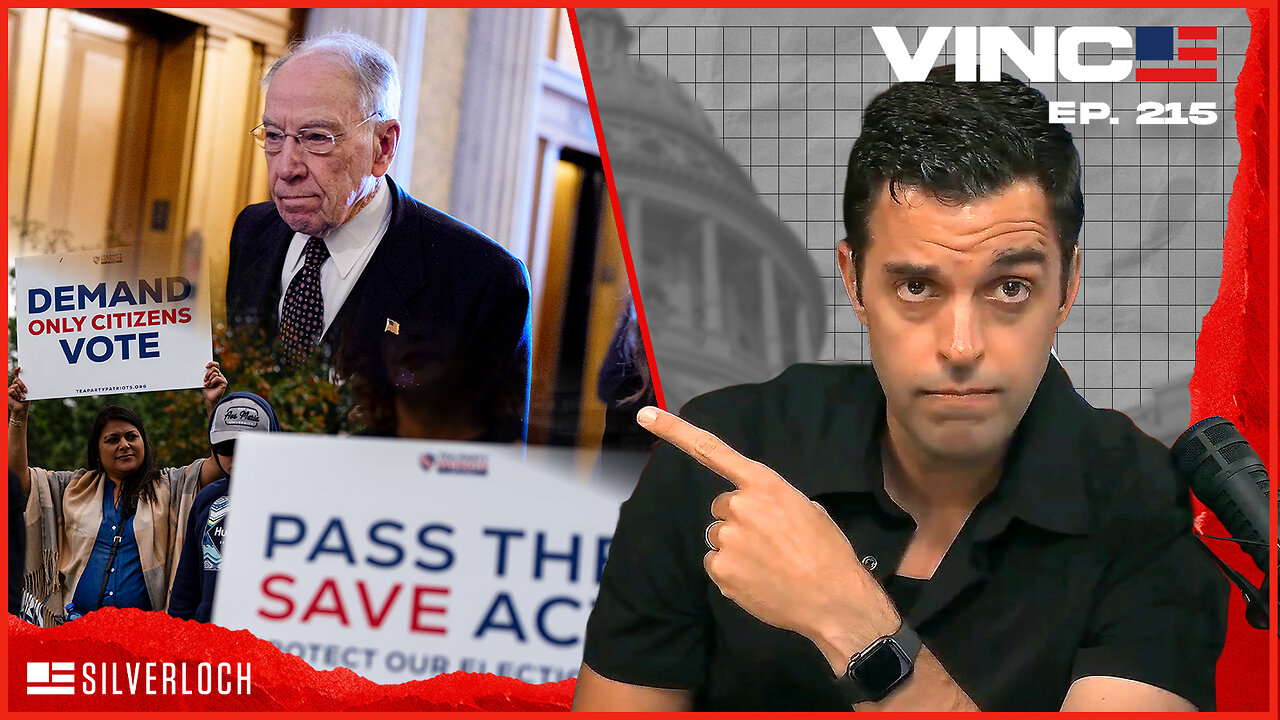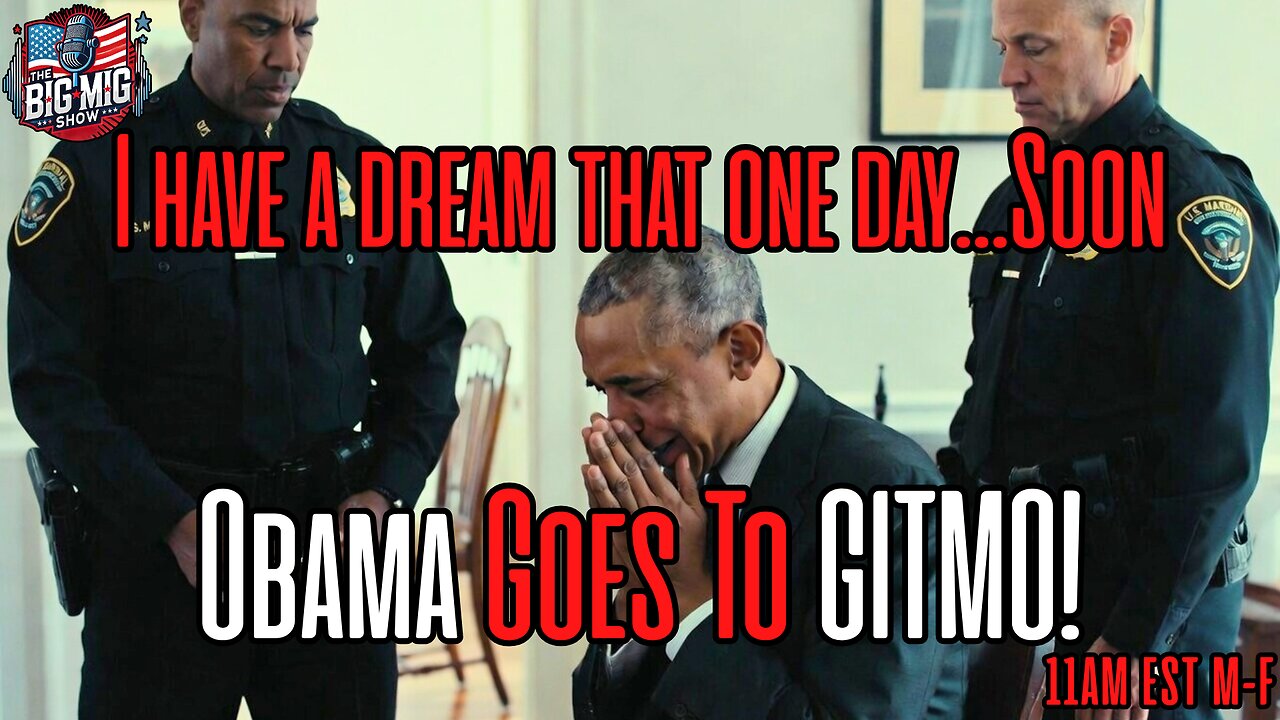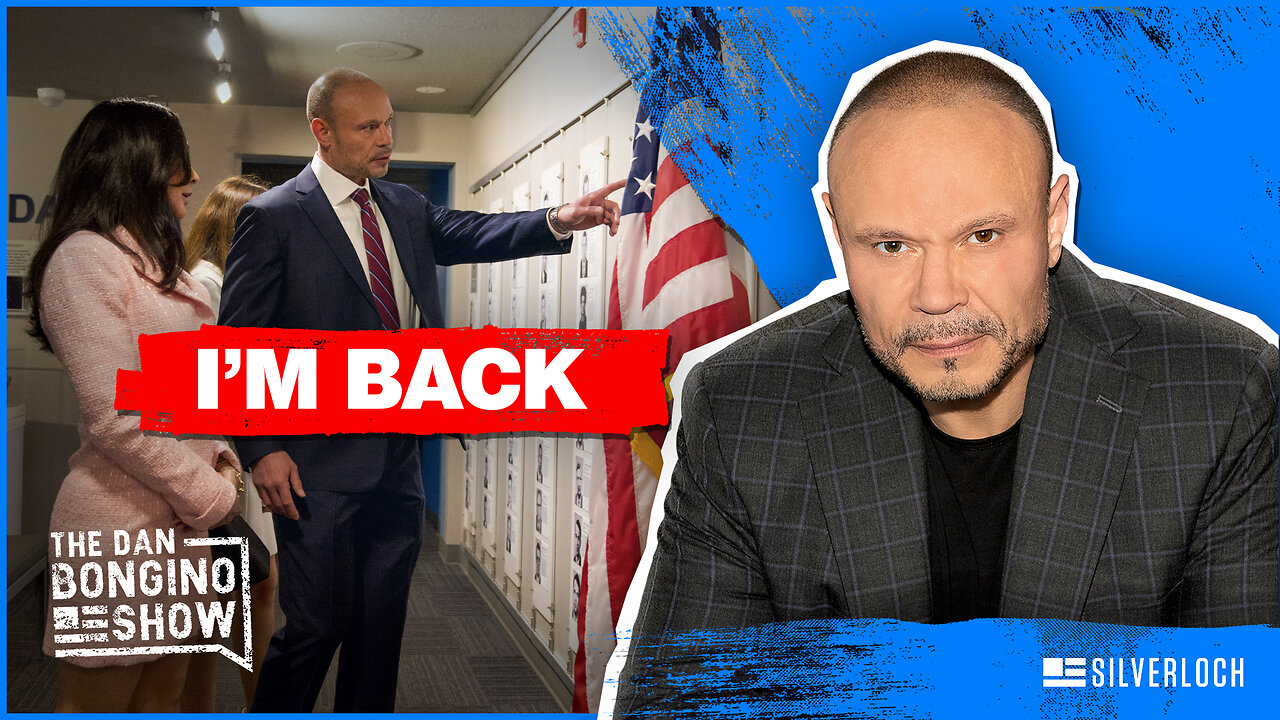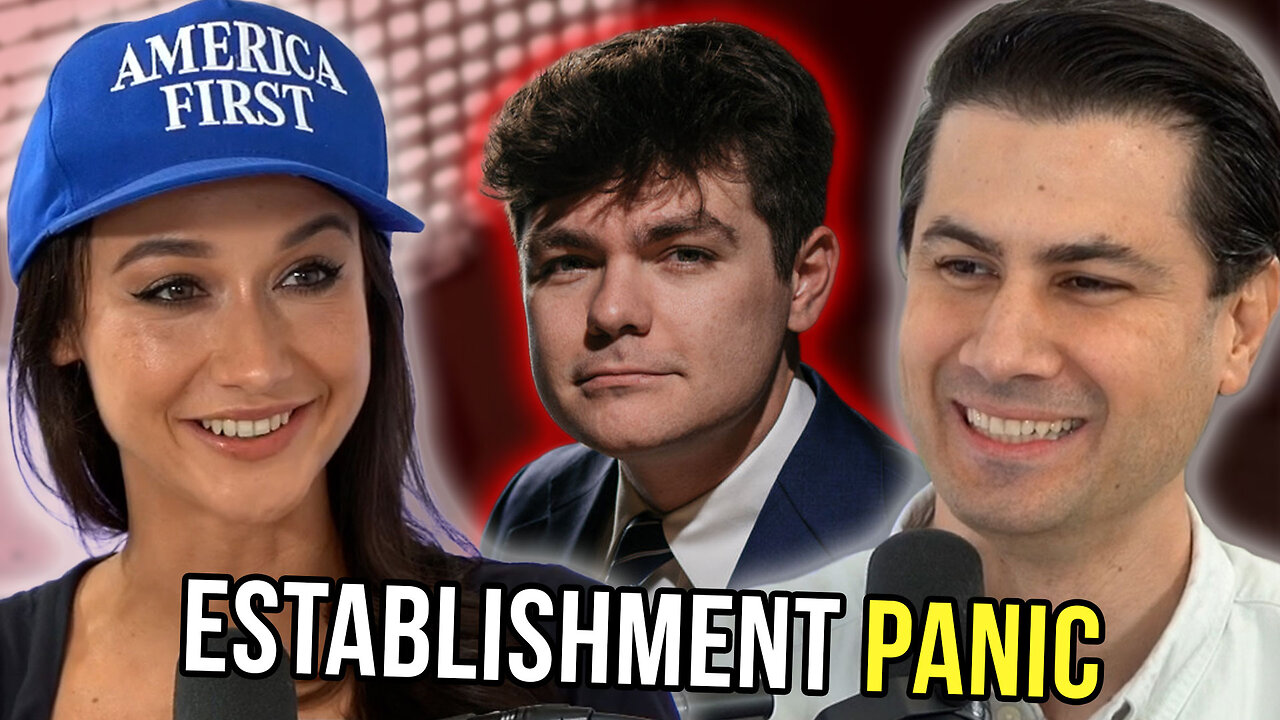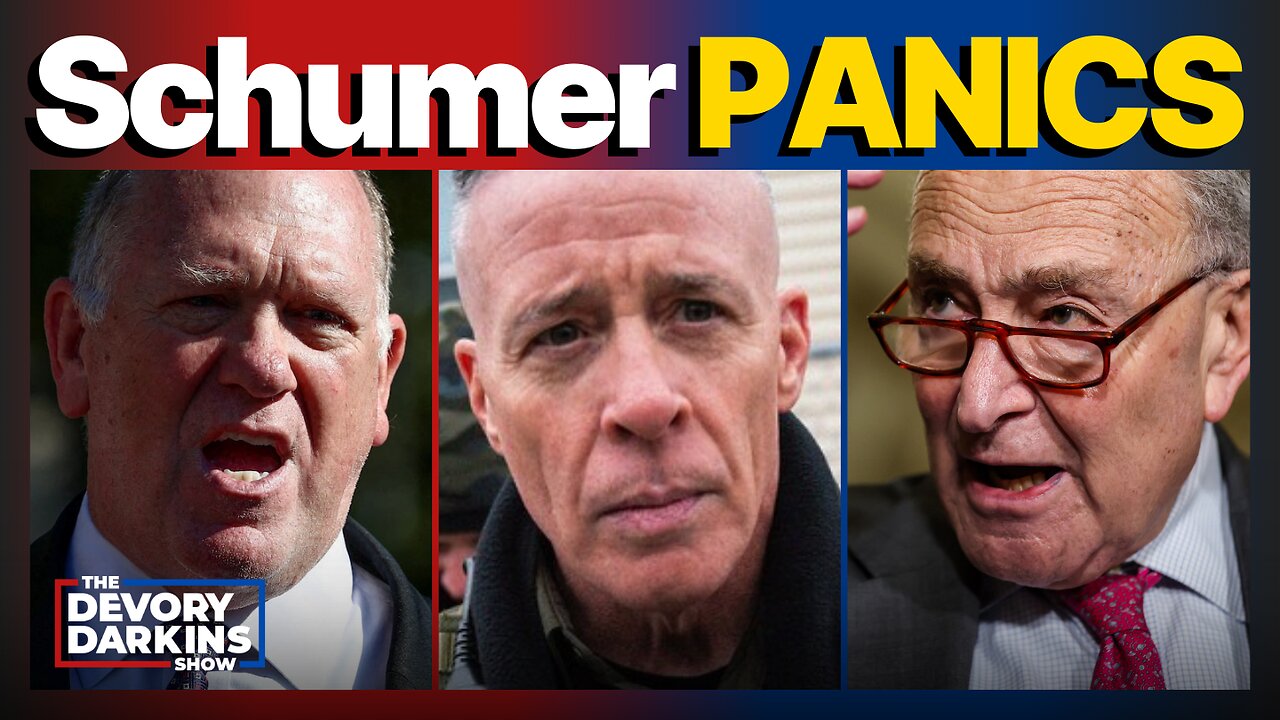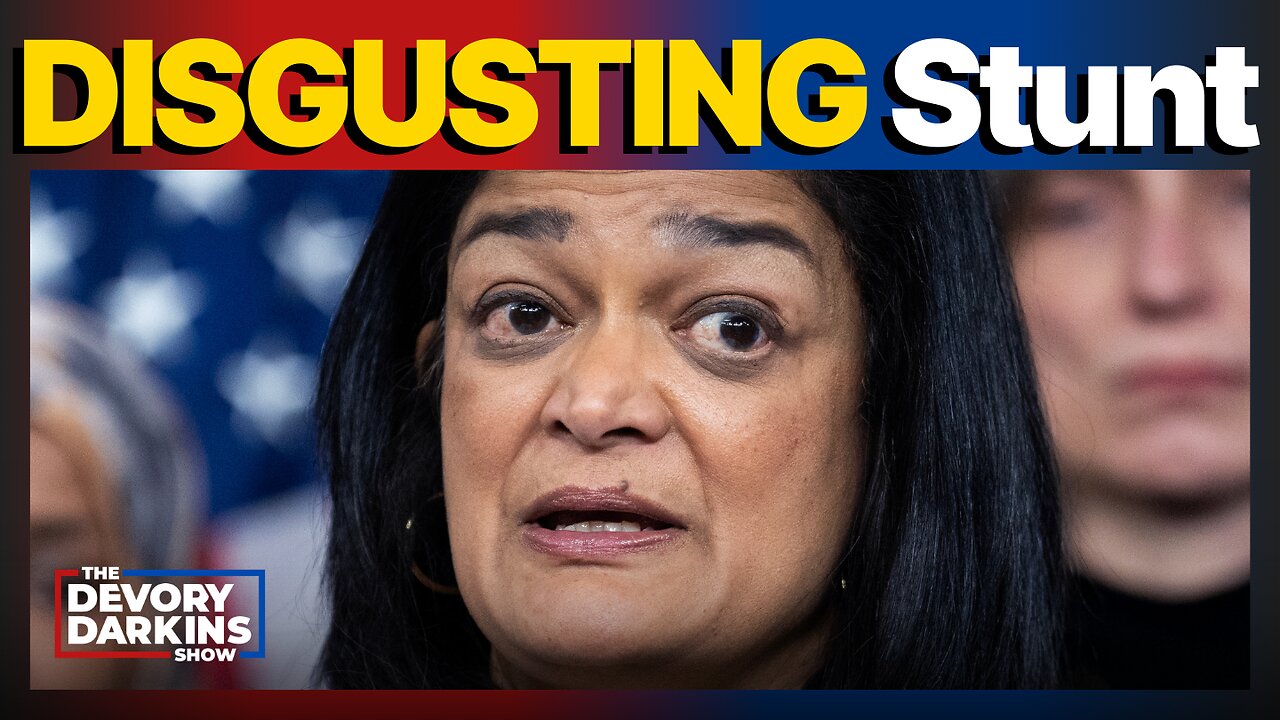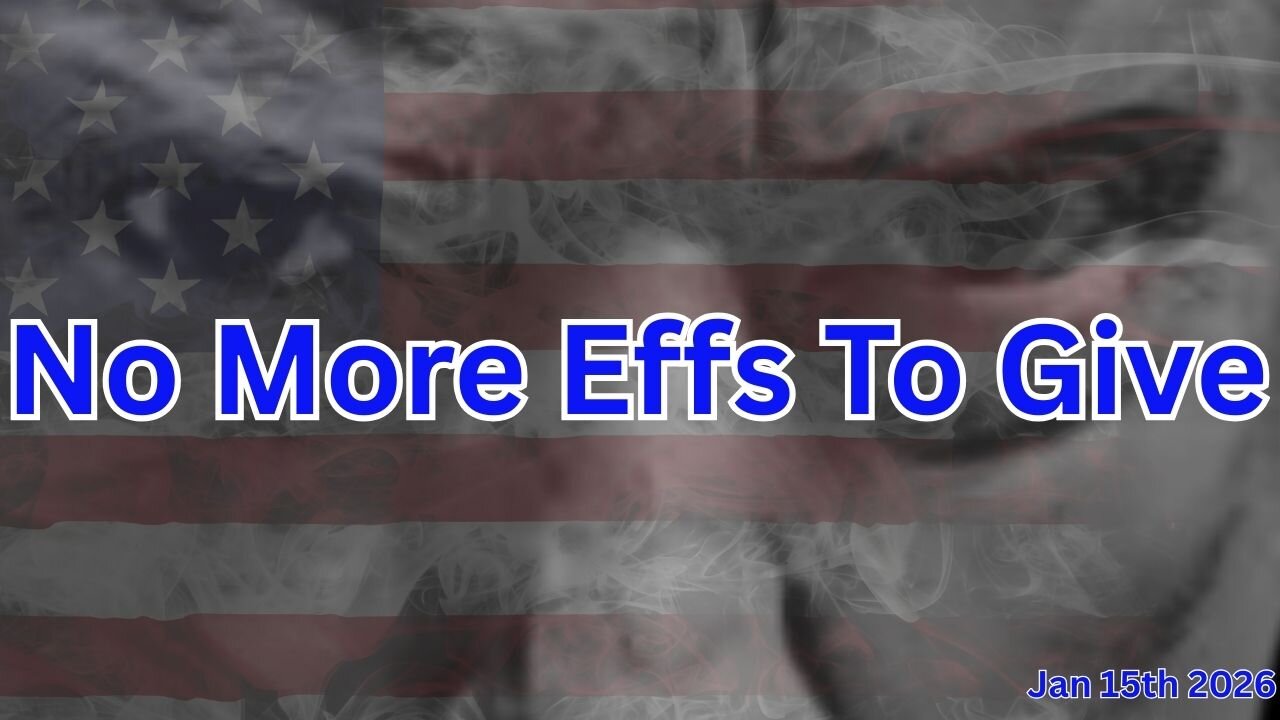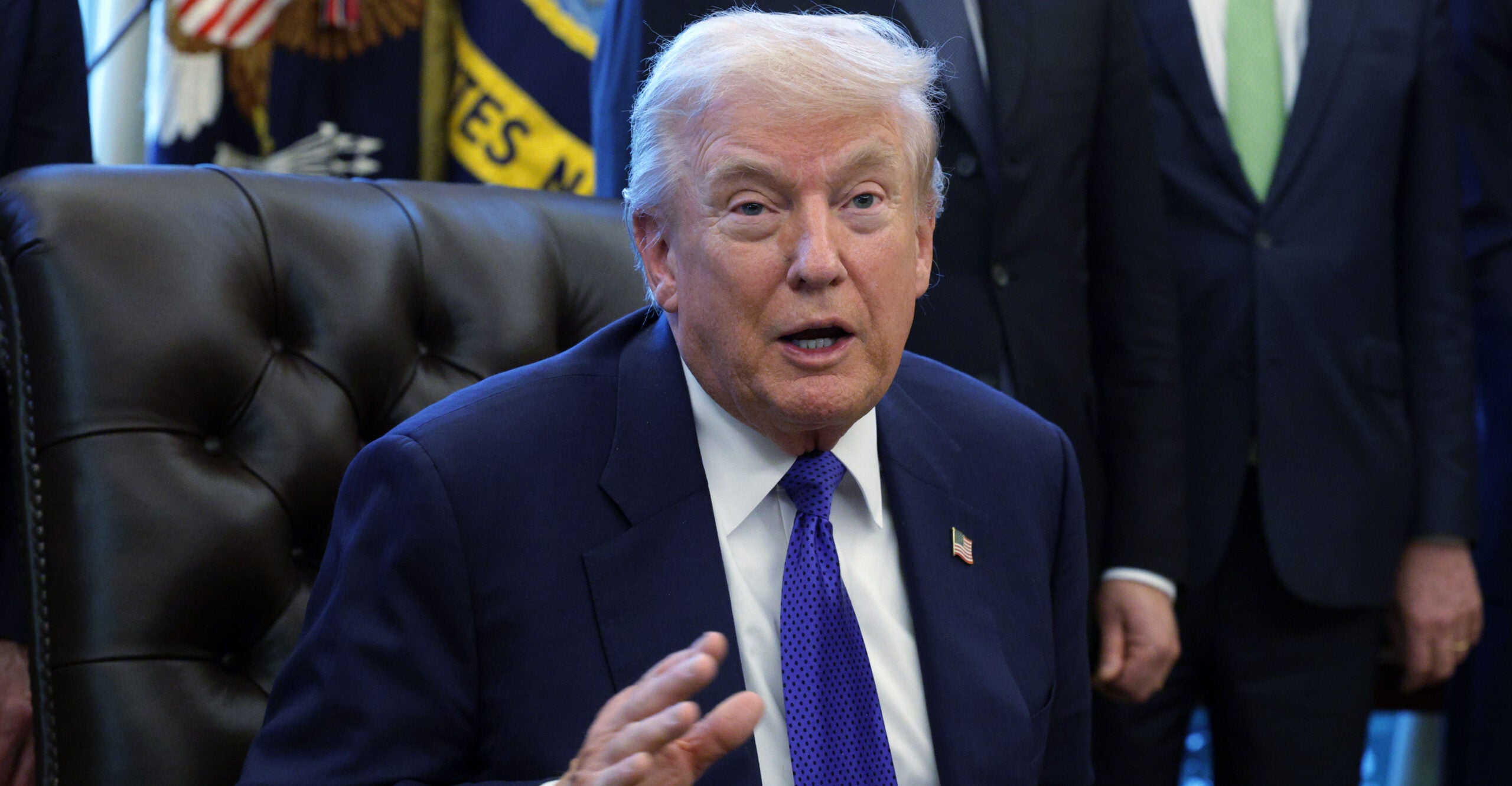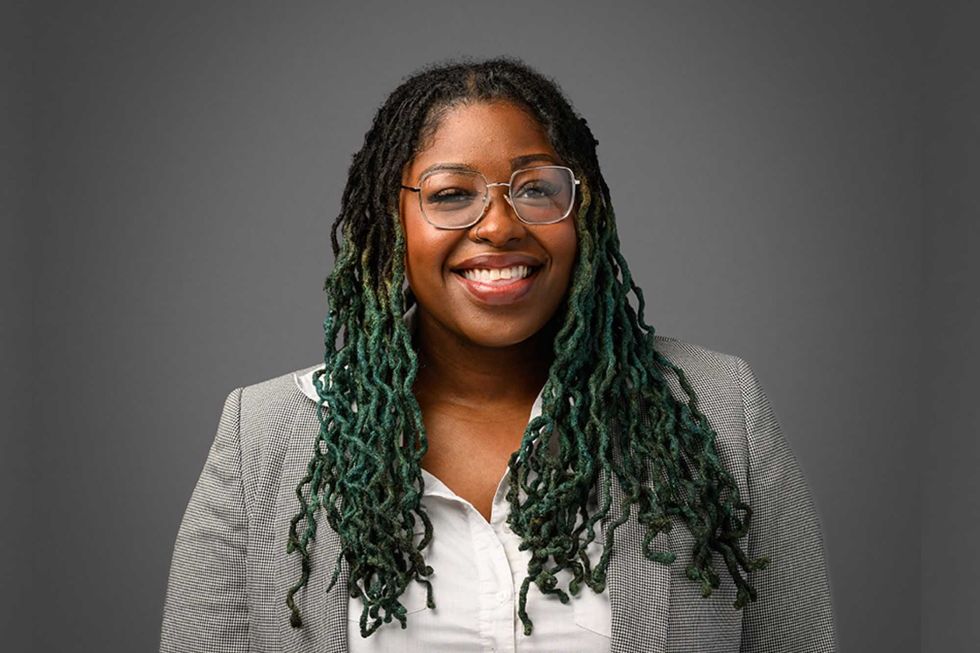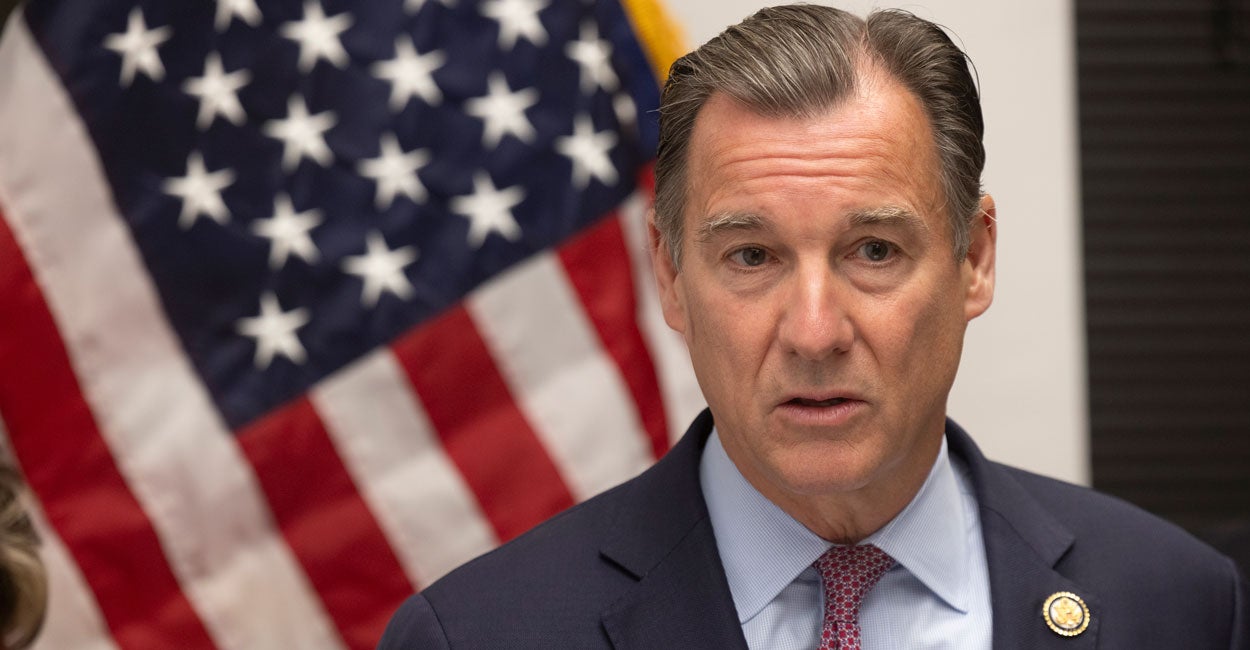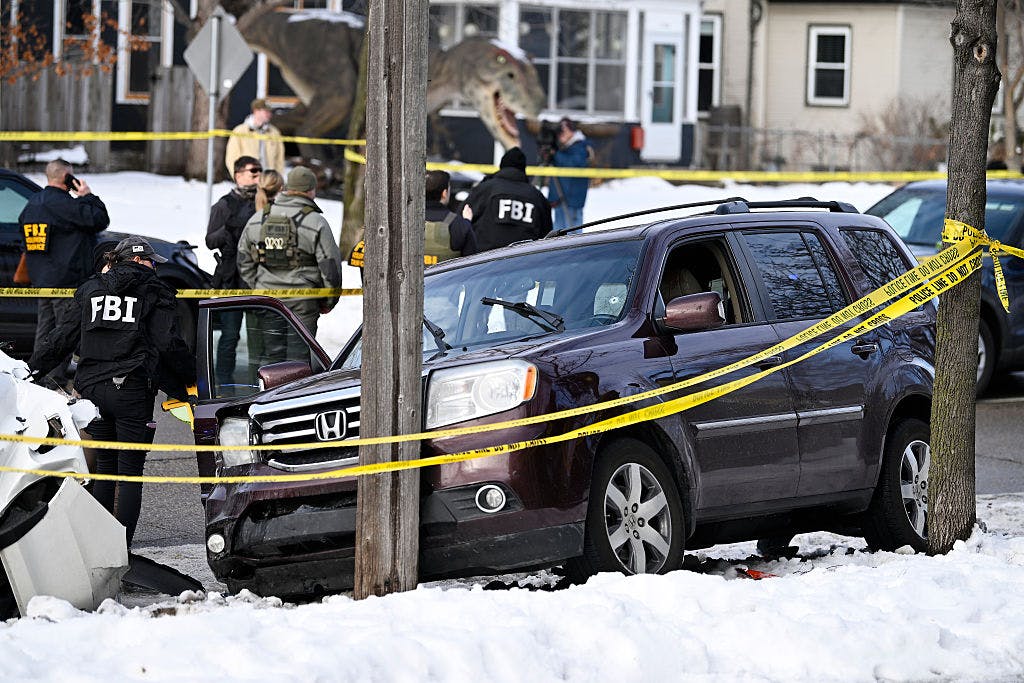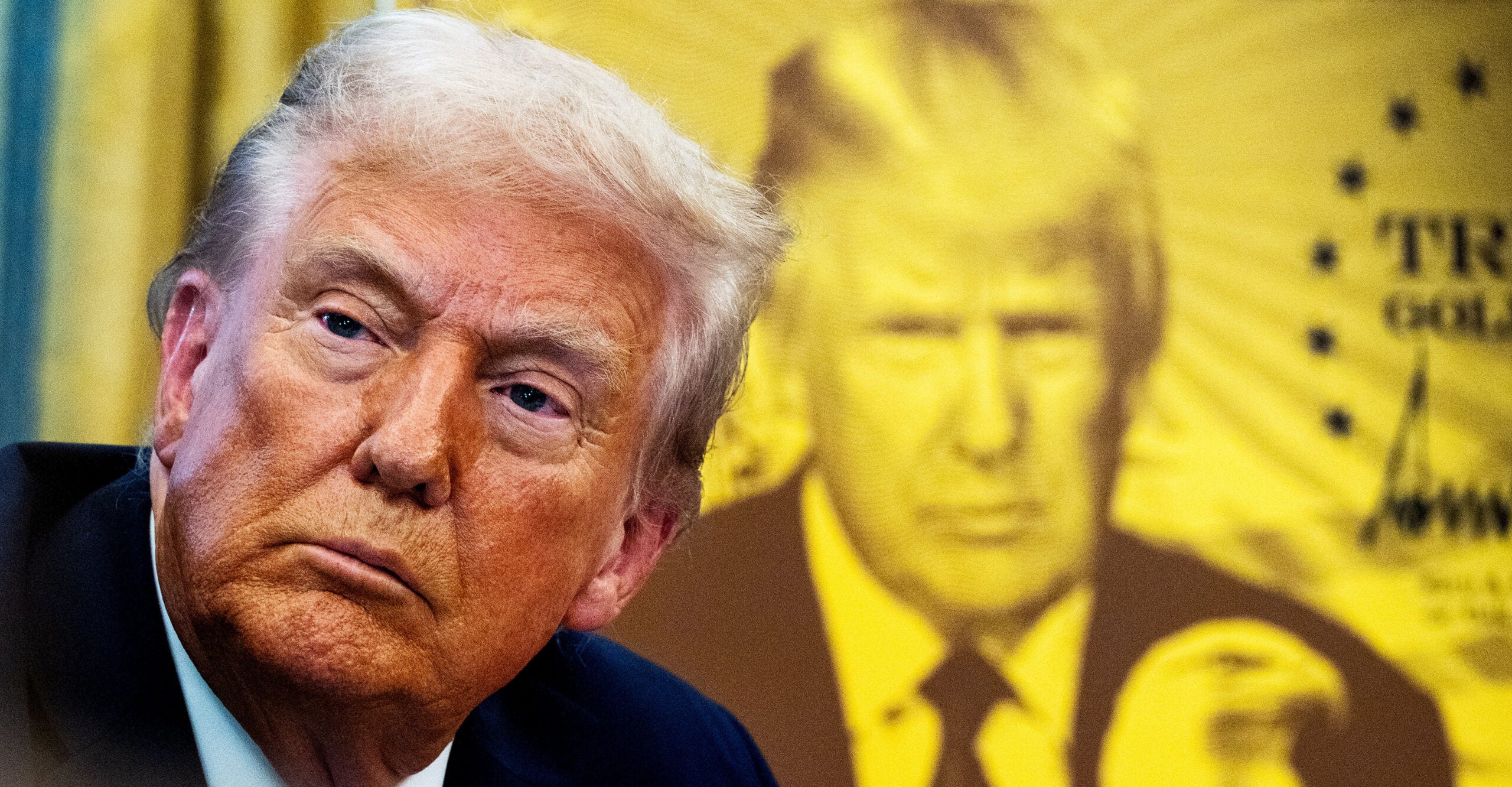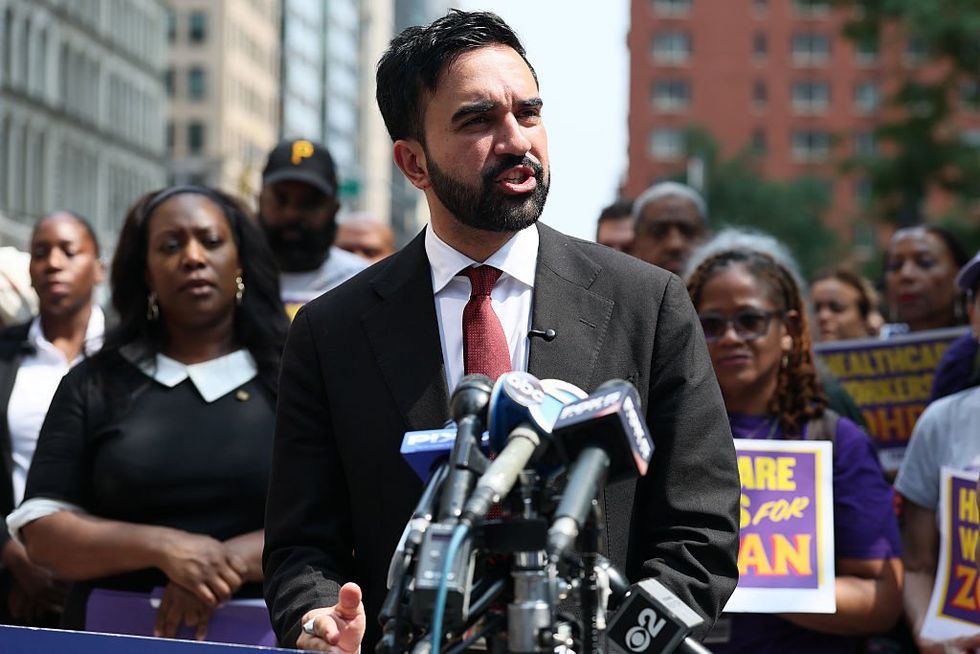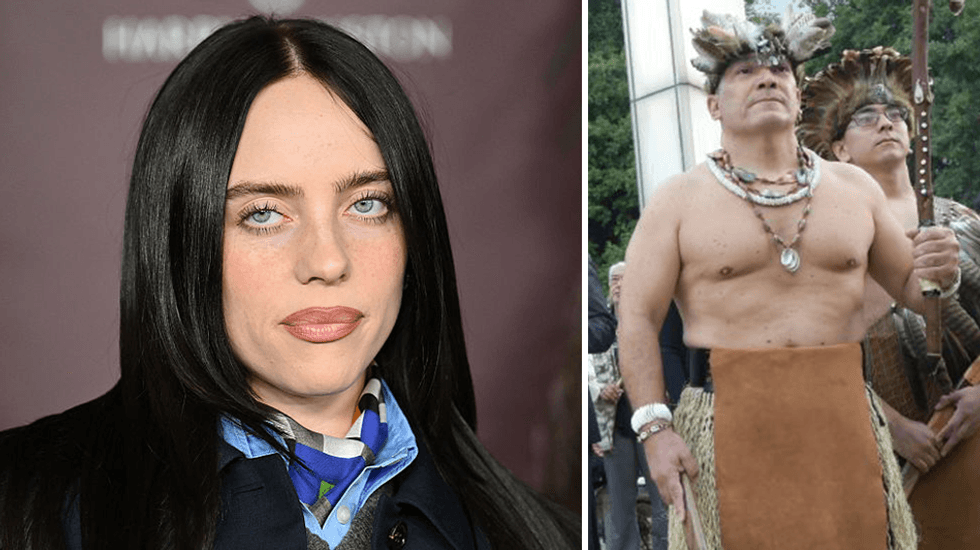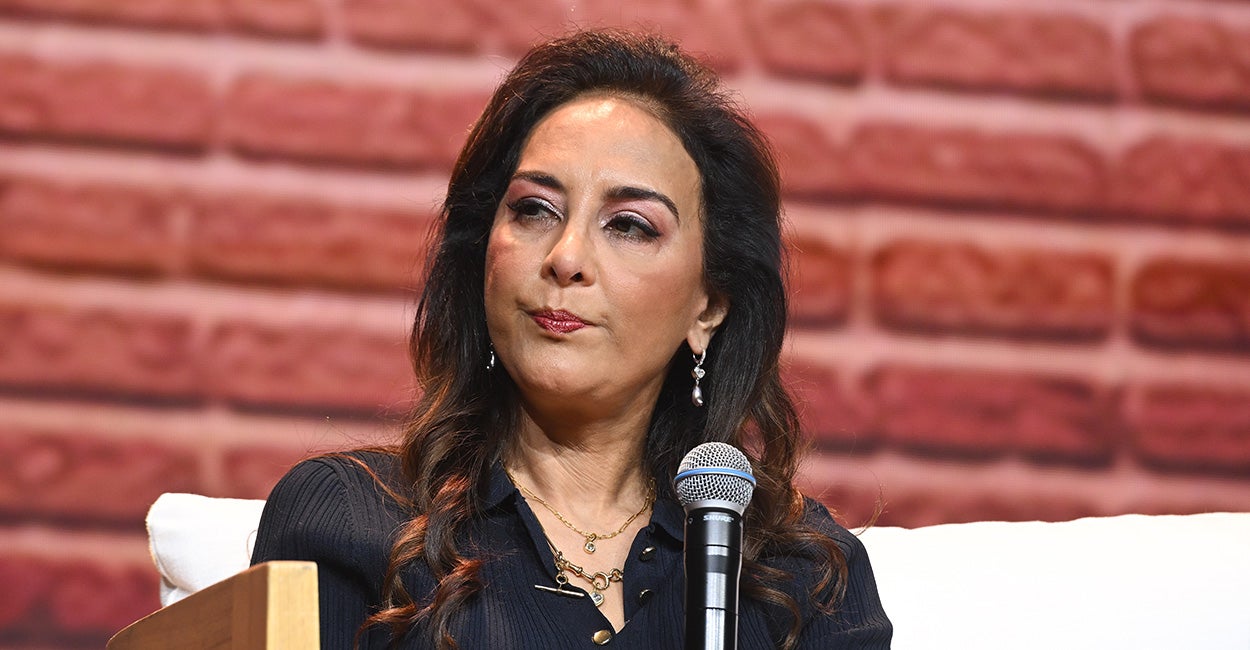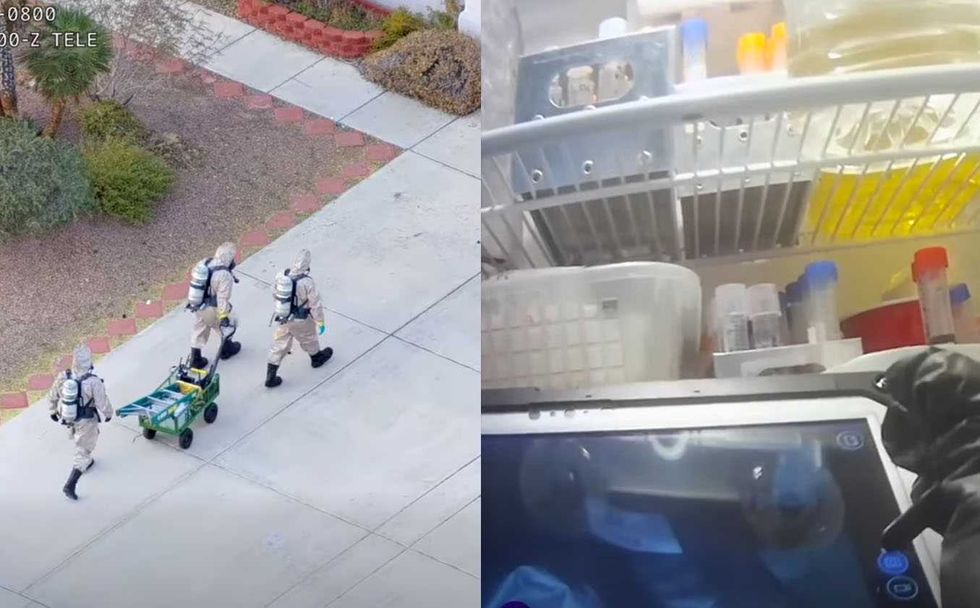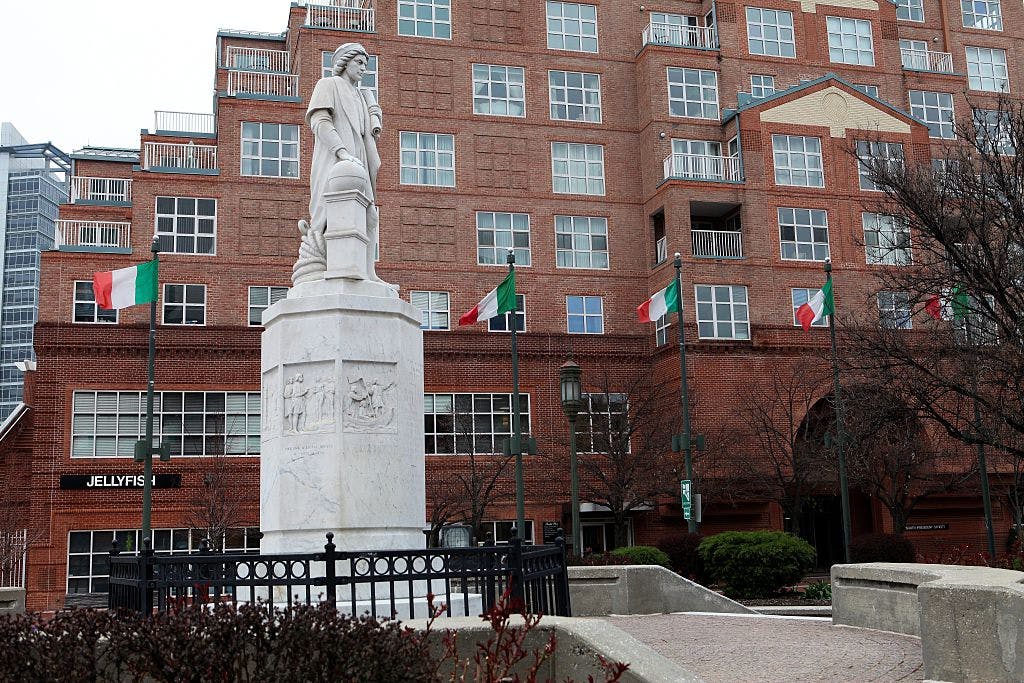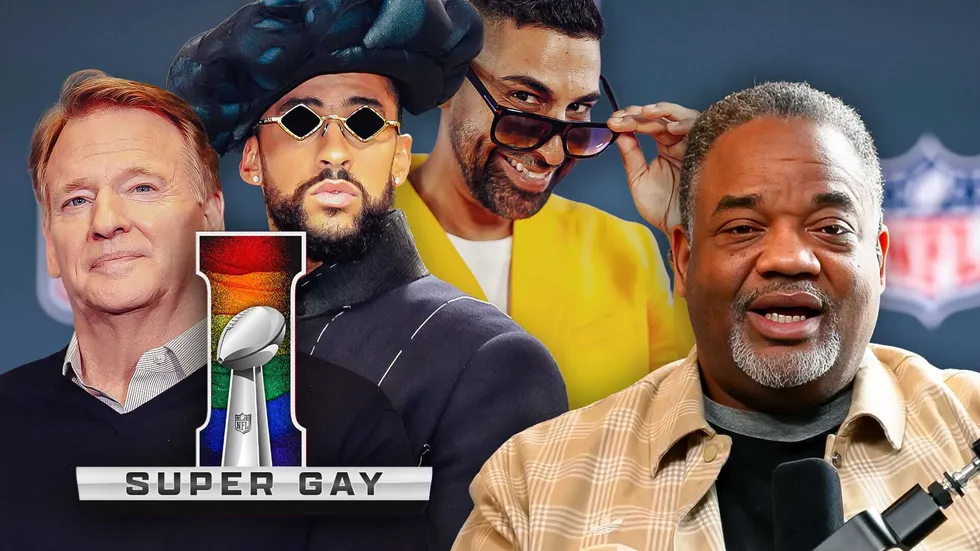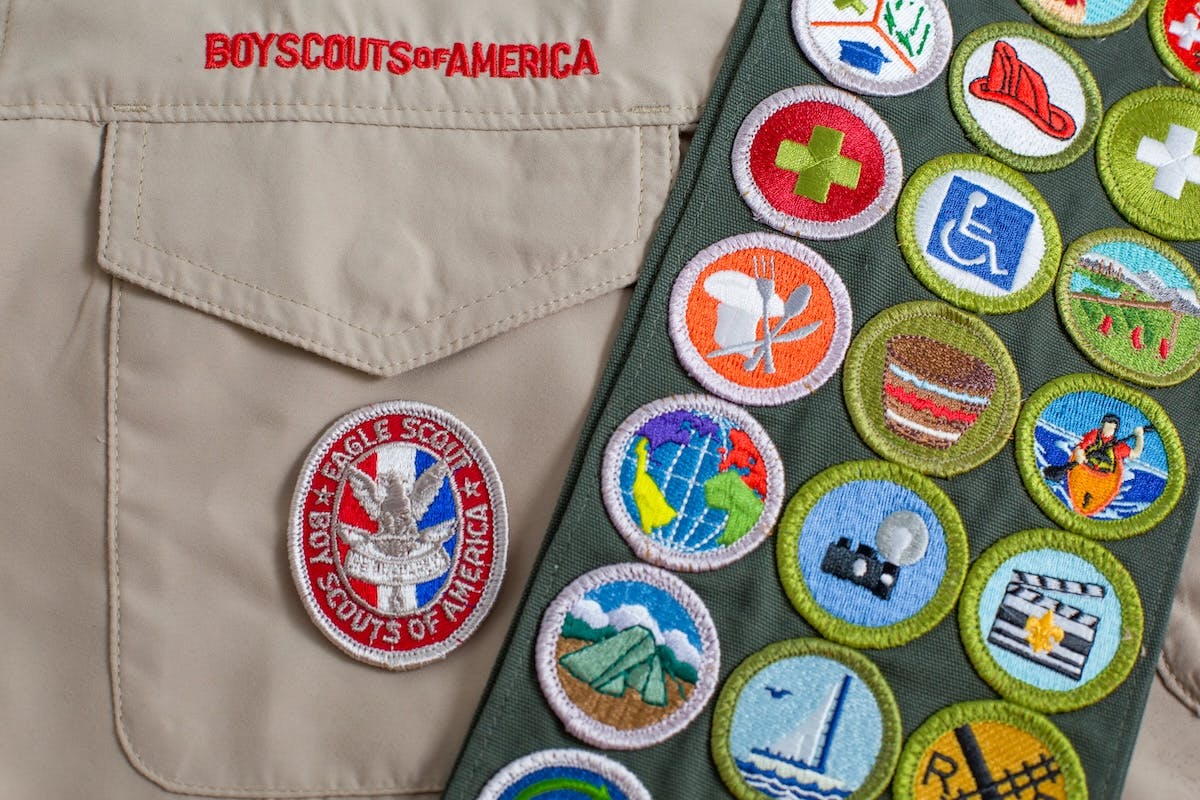Sam Altman loves this TV show. Guess what it says about godlike technology.

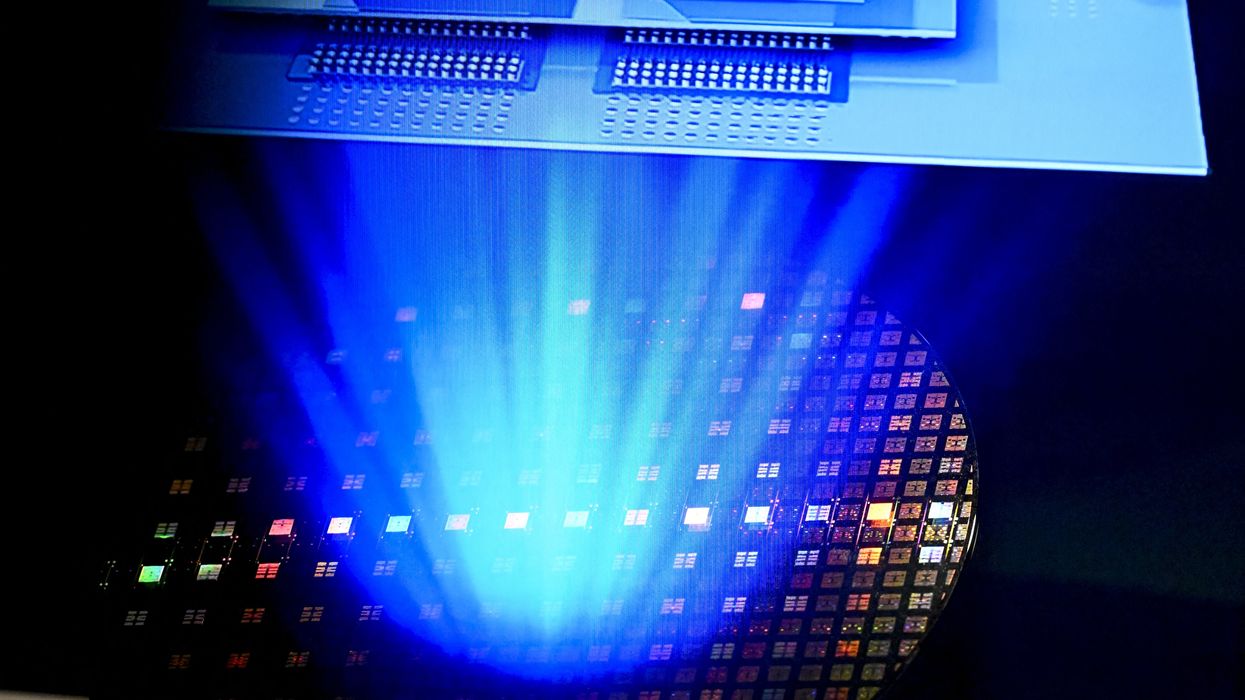
OpenAI and AI techno-cult proselytizer Sam Altman recently shouted out an AMC television series called "Pantheon," which pivots its narrative around the merger of human consciousness and digital technology. In "Pantheon," the catharsis on offer to viewers appears to be that after exploring themes of corporate diabolism, all will be well for, as the kids say, reasons. Maybe this is why Altman liked it so much.
Live Your Best Retirement
Fun • Funds • Fitness • Freedom
The show pivots on the creation and insinuation into human experience of a variety of nonconsensual simulated environments. Evil geniuses beam consciousness (“uploaded intelligences”) into sim-world systems, while other geniuses (closer to how we might presumably, but unsuccessfully, imagine ourselves) sort things out a bit. But the latter geniuses retain the ultra-tech-saturated worldview that AI founders like Altman work to make real.
In its vision, there’s no God, or if there is, it’s an inaccessible divinity. There’s no nature, either, so life is essentially a sort of Disneyland game.
"Pantheon" was canceled back in 2022 but nevertheless managed to achieve favored status among Silicon Valley types. Perhaps Altman, an individual with plenty on his plate, is picking up recommendations from locals and is lately just getting around to watching, enjoying, and posting about something he feels deserves a little notoriety.
Fair enough. Billionaires should do a great deal more in terms of supporting the arts. Even if those arts are designed by, built for, and all but advocating for a slow transition from a generally human-based social paradigm to one riven with tech implants, upgrades, and systemic alterations made upon human nature.
For the curious, the first pilot episode is more than enough to get the gist, especially when coupled with the now-inevitable online backgrounder of reviews, synopses, and X.com replies. If "Pantheon" hoped to reconcile the human race with runaway technology, its approach leaned on delegitimizing humanity in a way that felt all too convincing.
The kernel for the series comes from a Gen-X Chinese-American computer scientist turned lawyer turned mid-life author named Ken Liu who has said he became a writer so he might “turn values upside down and inside out to gain new perspectives." Mission accomplished, Ken: "Pantheon’s" characters are depicted as possessing something like divine reason or intuition coupled with what amounts to a disturbed child’s emotional understanding of existence.
RELATED: The AI ‘Stargate’ has opened — and it’s not what you think
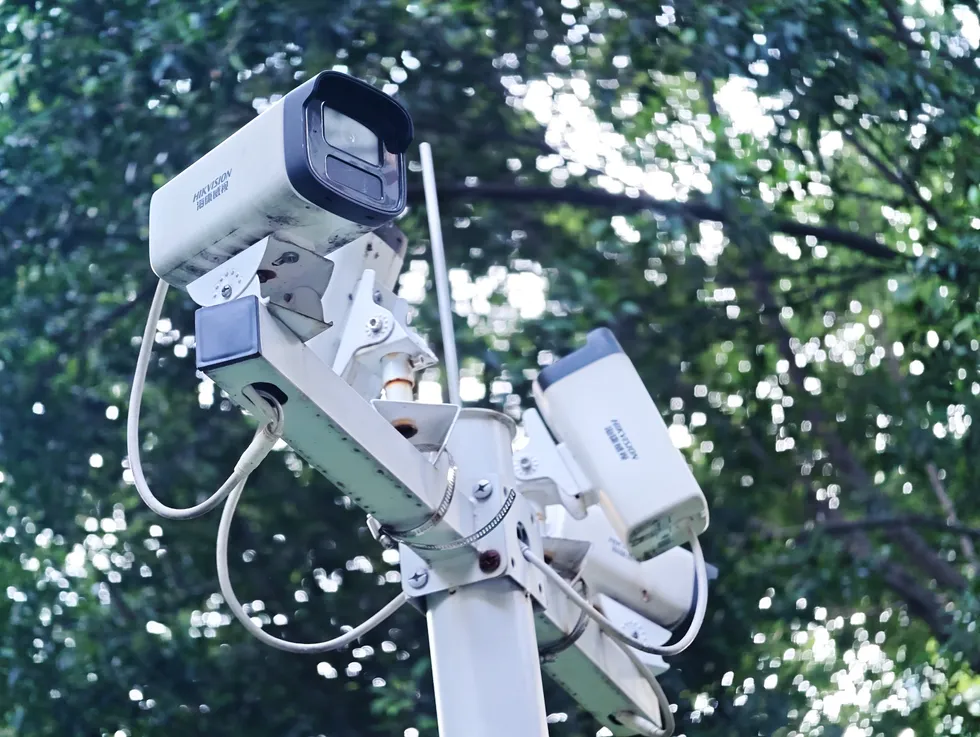 Photo by Nurphoto / Contributor via Getty Images
Photo by Nurphoto / Contributor via Getty Images
Given the great many interpersonal and moral difficulties Altman has faced, it isn’t surprising that he confessed to Theo Von, “I’m scared. ... I don’t have an answer yet” with regard to AI psychosis and related mental health concerns.
Perhaps that’s why Altman acts so able to take recreational comfort in "Pantheon." It ultimately encourages us to respond only to a “number go up” value system. In its vision, there’s no God, or if there is, it’s an inaccessible divinity. There’s no nature, either, so life is essentially a sort of Disneyland game with emo-high-school-level stakes and consequences, as empty inside as the players themselves. Bigger is the only better. Sounds like the stock market to me.
There is one memorable moment in "Pantheon’s" opening episode. In a brief, unconsciously propagandistic conversation between a father and child, the epistemological possibilities attached to “conspiracies” are situated inside a frame that could generously be termed insufficient to the realities. The father, a San Francisco tech-yuppie cartoon character in cartoon slim-fit designer jeans and a nice henley (organic cotton, surely) reframes the child’s questions about evil to conclude that conspiracy theories are most probably the result of dysfunctional minds.
But … while conspiracy theories are almost always not true, the father suggests, it’s possible that a conspiracy theory might have merit when “we” don’t quite agree with the moral framing …
Of course, as the narrative unfolds, conspiracies do exist, and the viewers are presented with the possibility of revisiting this narrow frame. Only they won’t, because the wider framework has already reduced the world to tech, more tech, tech machinations, and still more tech that feels good only for people who already loooove tech. What is a conspiracy to an NPC?
Meanwhile, back in reality, childbirth still hurts, the world still depends on fathers, and Ecclesiastes still hits like a ton of bricks. The conspiracy that would have made the show interesting would have been one weaving human pride into machinations of agentic evil within microprocessors and without. What are the transactions going down in such a vision? How might it work without a technological interface? What are its time constraints, if any?
The questions that would raise about what’s really so excessively bad about tech overload are uncomfortable indeed. Is it possible that my pride, my deficiencies of character and deformity of soul, have made me the unwitting pawn in a much wider game — perhaps one where I am rewarded by massively inflated riches for my childlike capacities for delusional self-interest? Am I myself complicit in an open conspiracy of bribes?Maybe the Palantir moguls angling to restore the American Cinematic Universe will take a heavier swing at the subject matter with Founders Films. One may hope!
Originally Published at Daily Wire, Daily Signal, or The Blaze
What's Your Reaction?
 Like
0
Like
0
 Dislike
0
Dislike
0
 Love
0
Love
0
 Funny
0
Funny
0
 Angry
0
Angry
0
 Sad
0
Sad
0
 Wow
0
Wow
0

